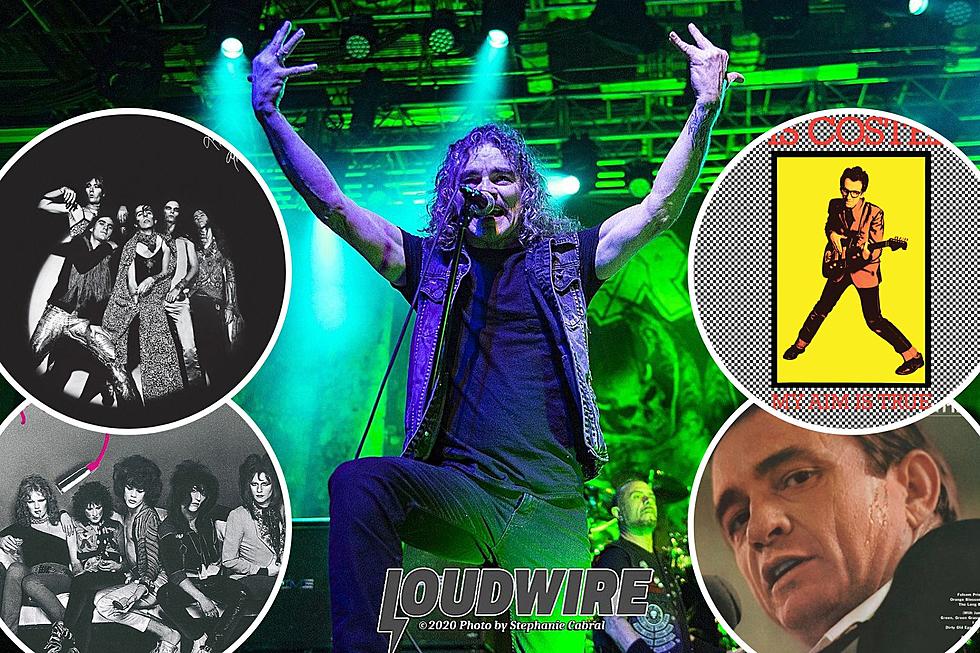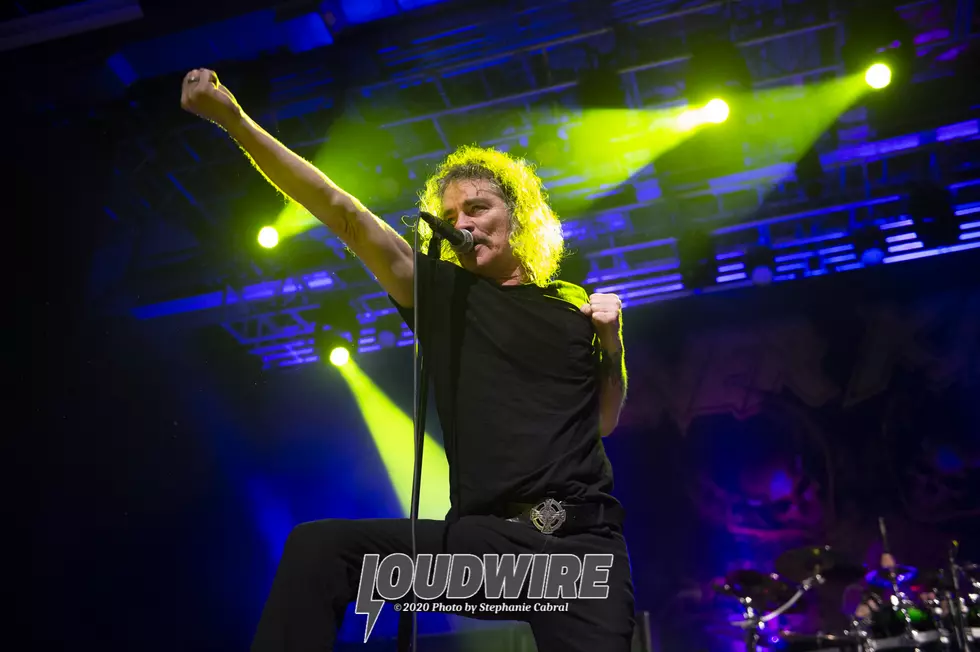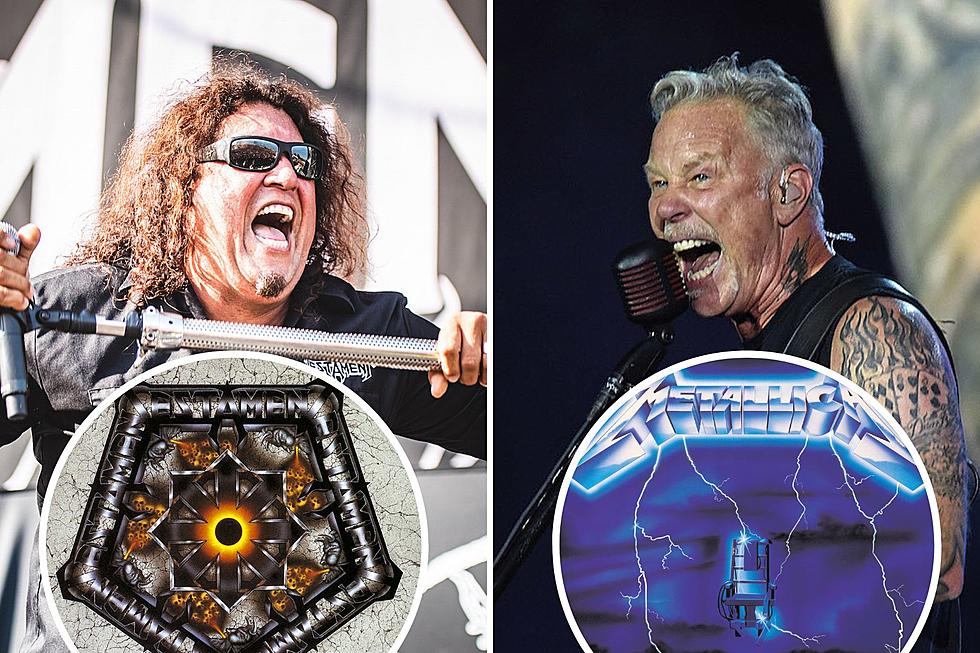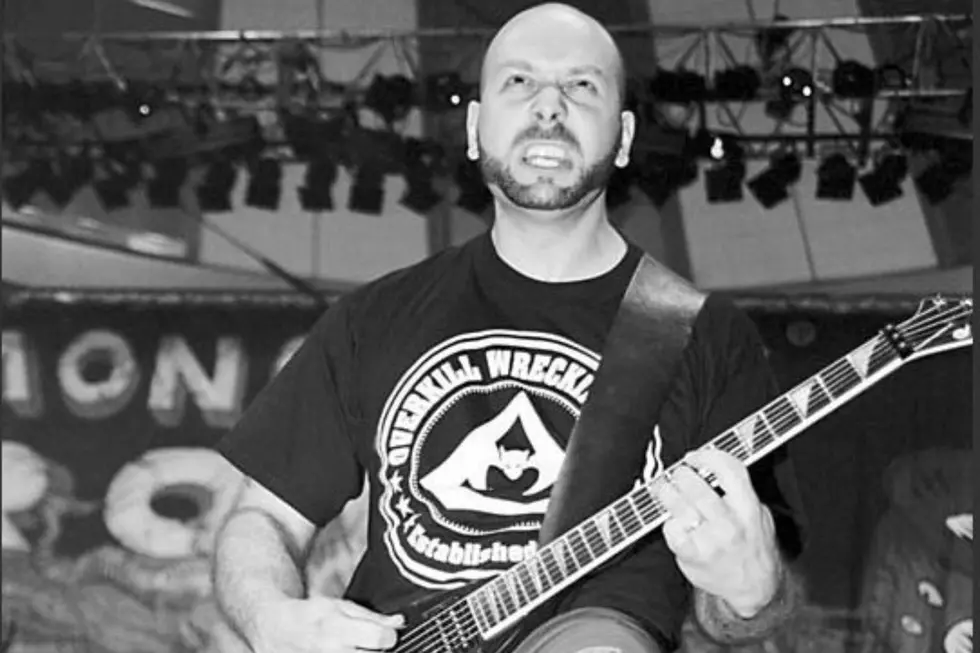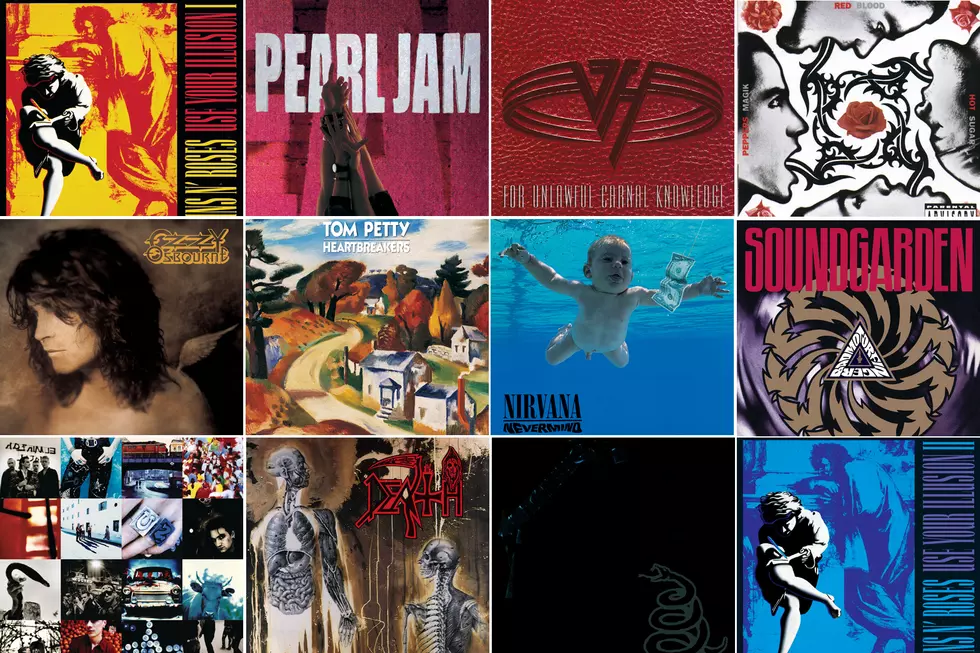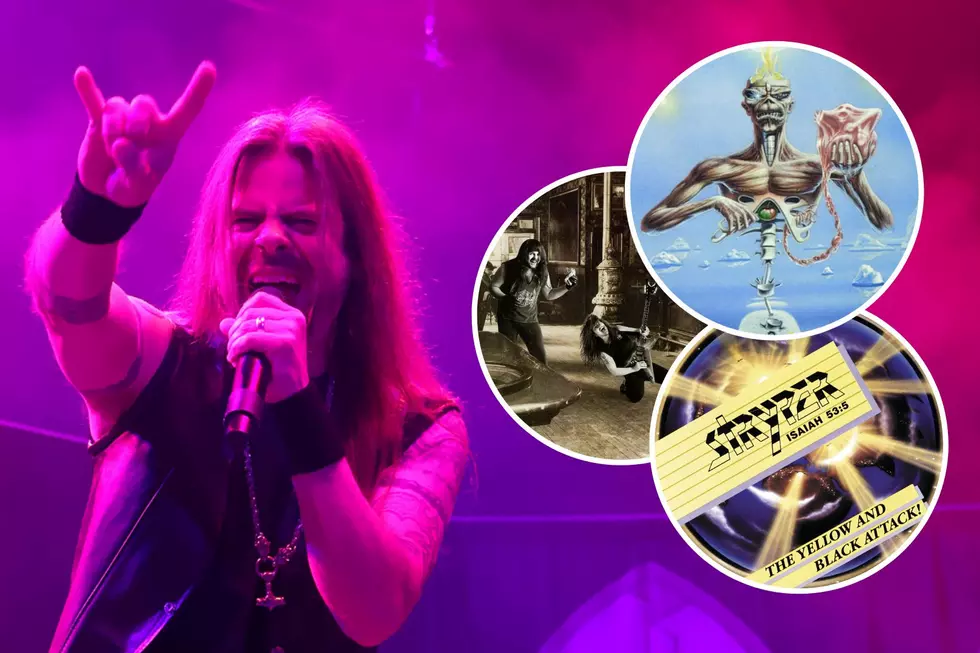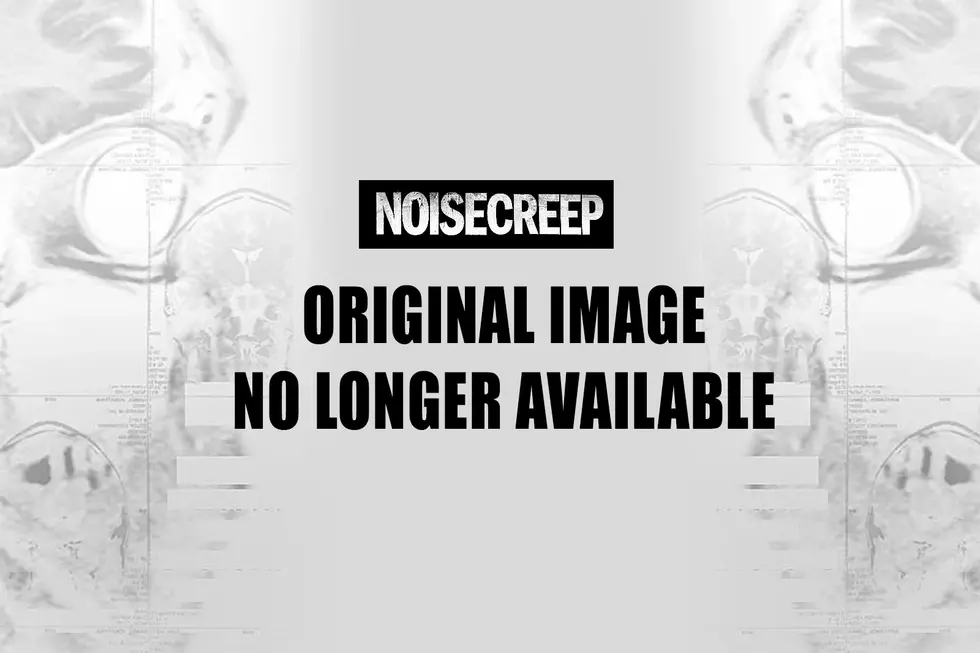
Ravage Vocalist Likes His Metal the Classic Way

Noisecreep readers who prefer their metal served a la 1986 should get on board and devour Ravage. The Massachusetts quintet's 'The End of Tomorrow' was just released and features some of the most dynamic, anthemic metal we've heard in years. Though they pull from greats like Judas Priest, Savatage and Overkill, Ravage inject their songwriting and performances with a vitality usually missing when groups try and revisit the style.
We spoke with vocalist Al Ravage about his take on the current thrash resurgence, the state of metal in the U.S. and his love for all things old school.
The first thing people notice about Ravage is the obvious classic metal influence to your songwriting. When the band was started in the '90s, did you set out to capture that feel or did it just happen organically?
Well, I think we have that sound mostly because that is the music we listened to and liked all along -- so our sound has formed organically. It has just formed from an influence devoid of a lot of the things that have been popular over the last 20 years, because we have just rejected a lot of that stuff all along because we didn't like it. Even though I was a young kid in the early-to-mid '90s and grunge was all the rage, I hated it. I wanted Iron Maiden to be huge and stomp that stuff, etc. I was pissed when Metallica cut their hair and had 'country' songs.
As a teen in the late '90s, I was pissed that Limp Bizkit was considered 'metal.' So we just rejected a lot of the junk that was popular and retained an influence from more underground (and usually more European) music than our peers and contemporaries, and because no one ever noticed us or gave us a big record deal, we were under no pressure to sell out or alter our sound to be hip -- we could just be close-minded a--holes and make the music we wanted, regardless of whether other people liked it or not.
When you initially started playing around the Massachusetts club scene, did you guys stick out like a sore thumb? We would imagine most bands were playing death metal or some kind of hardcore-informed style back then.
Definitely. I mean everyone is influenced by hardcore around here -- and if not, they are probably a straight death metal band. I don't think we were rebelling against that though, we just sort of ignored it all along. We've played with every kind of band out there from ska to grindcore -- even jazz. We opened for Alex Skolnick's jazz trio once. So we've sort of seen it all and played with everyone. Some people accept what we do, some don't get it, some hate it and some are afraid of it. We've always just done what we like to do. That happens to be more or less traditional metal with thrash.
Why do you think traditional metal has fared better throughout Europe compared to the States? You've played Germany before, so did you find that people are less trendy about their metal there?
Absolutely. The fans over there are very knowledgeable about underground metal, and they live it every day. I mean, some of the fans at the shows over there even knew who we were. You didn't see many people wearing denim vests covered with patches to shows around here until the thrash resurgence of the last couple of years. Over there, it was still denim and leather in the '90s. I think in Germany especially, they have taken up the mantle of metal as their own.
Germany is the capital of metal today and the U.S.A. has a lot to do to catch up. I think most of it is the live show culture. Bands are treated well, the fans can do whatever they want because things are more [relaxed] in some regards ... and there seems to be more respect all around for the live performance. In America, people aren't used to festivals, so they don't know how to act. There are a lot of promoters who don't promote -- they use pay-to-play schemes and just bilk young naïve bands rather than putting together a great lineup and giving good young bands a chance.
Local governments are constantly cracking down on clubs and making it difficult to play. Obviously there are exceptions, but in general I think, from what we've seen, everything in the live music culture is more conducive to metal over there than it is here. Traditional heavy metal is a music that is meant to reach you live, and the live show is where you really experience it. So hopefully things will change over here for the better.
Has the resurgence of thrash in the metal mainstream helped Ravage out at all yet?
Definitely. I think it has certainly made people give traditional metal a second look. You can say what you will about the new wave of thrash, but prior to a year or two ago, there were many kids in this country (and there probably still are) who think that there isn't any other kind of metal than metalcore or death metal, etc. Even when I was growing up, that was known as 'extreme metal' -- and that is what it is. I mean, there should not be a kid out there who is questioning whether or not Iron Maiden or Judas Priest are metal bands. That is pure idiocy. So the resurgence of thrash has made young kids take a second look at '80s bands and the bands that influenced them. So traditional metal has gained a step up in acceptance in the U.S.A.
That being said, it is still a small step. We don't have thousands of people lining up for the shows, we aren't going to sell a million albums. It will always be a struggle for a band like this. But for us to have gotten a deal with Metal Blade -- especially with the cutbacks all labels are making -- and an underground, cult band like us? I think it is a significant step for traditional metal in America today, and a significant achievement even if it doesn't go any further than that.
It took you years to get to this point and have a huge label like Metal Blade behind you, so it must make all of the issues and hard times feel worth it.
Well the way we look at it, the hard times we've been through seem minuscule, because they have really just begun. We are the small fish on the big label, and we are playing a brand of music that still isn't cool in our home country. We have a lot of work if we want to make this record contract mean anything for traditional metal in America. There is a lot of ground work to be done if we are to build any kind of a scene -- and we are trying to do what all of the older bands that play this kind of music have not been able to do -- which is to relentlessly tour on it, and with limited resources it is very difficult. As with everything, I guess you'll have to check back with us in a couple of years to see if we were able to achieve anything.
More From Noisecreep



